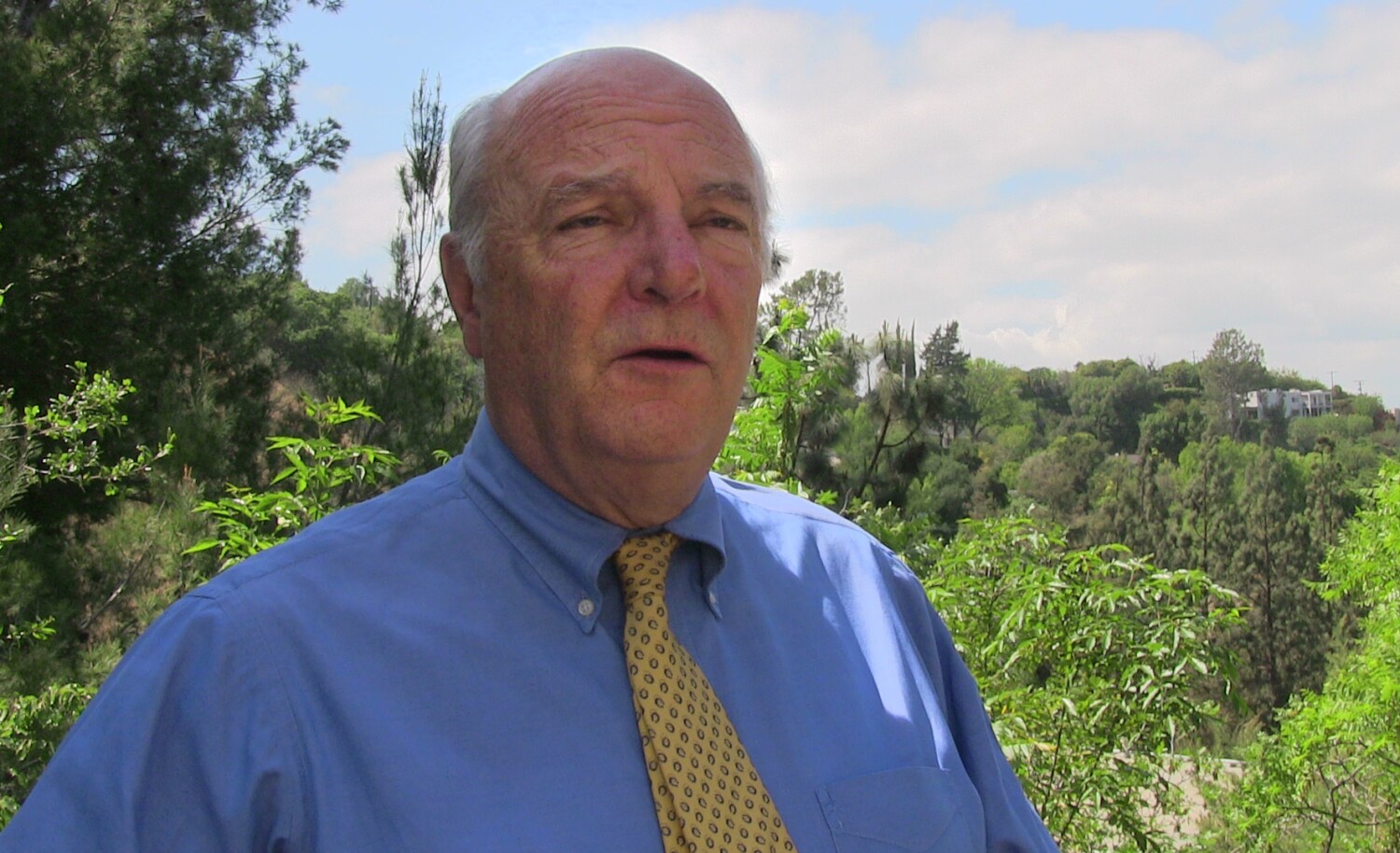News Analysis: Newest CHRB member could change the direction of the horse racing board
In many ways, Thomas Hudnut, the newest member of the California Horse Racing Board, has the ideal credentials to join the regulatory agency tasked with reforming racing in California.
As the longtime head of Harvard-Westlake, the uber-rich private school in Studio City, he is very familiar dealing with people used to getting their own way and having to figure out how to convince them otherwise.
He walks in as the possible swing vote on a board that has formed two camps over how to keep racing going in California in the face of vocal opposition.
One group, led by Vice Chairman Oscar Gonzales and including Wendy Mitchell and Brenda Washington Davis, seems willing to use measures such as shortening licenses and increasing penalties for safety issues. The other group is in favor of slower change and a gentle touch when dealing with the tracks and includes Chairman Greg Ferraro, Dennis Alfieri and Alex Solis. Damascus Castellanos was the ideological center, although he tended to vote with the latter group.
Hudnut replaces Solis, who has moved to Kentucky and asked not to be reappointed. Solis was the most opposed to significant change and embraced the status quo. That end of the spectrum likely will be filled by Alfieri, who in the December meeting praised The Stronach Group with how it handled the fatality crisis at Santa Anita in 2019, even though the track refused a CHRB request to close near the end of its meeting.
Since the spike in deaths was first reported by The Times and became a national story, TSG has replaced some senior track executives and become a national leader in reform and safety measures, dramatically reducing fatalities at Santa Anita.
Hudnut would not comment on any pending issues other than joining the board in its unanimous support of Dr. Jeff Blea, the equine medical director currently on administrative leave after having his license suspended by the state veterinary board over alleged minor violations while he was in private practice.
Hudnut was both recruited and held his hand up for the appointment from Gov. Gavin Newsom. Among those that were backing his appointment were Jack LeBeau of Los Alamitos and Roger Licht, former chair of the CHRB.
Los Alamitos was the subject of the kind of license scrutiny that has divided the board in late 2020 when Gonzales, Washington Davis and Mitchell voted for a six-month license rather than the year the track had always been given. Because only six commissioners were in attendance — Solis was missing — the vote twice ended in a tie, meaning the track had no license. Alfieri and Castellanos came over to the side of the shorter license just so the track could stay open. When the full commission met the next month, the six-month license was overturned and Los Alamitos was granted a yearlong license on a 4-3 vote.
It underscores why Hudnut may hold the key to future actions of the board. He still needs Senate confirmation but can serve until that time. His first meeting is Thursday, perhaps the last one to be held by teleconference before the board returns to in-person meetings.
“The case can be made for California that it is the national leader in drug testing, horse and rider safety,” Hudnut said. “Just look at the data over the last three years.”
Hudnut, 74, joins Castellanos, Gonzales and Mitchell as registered Democrats. Alfieri and Washington Davis are registered Republicans and Ferraro has no party affiliation.
Hudnut has a strong background in horse racing having been a fractional owner for several years. Among the trainers he has used are Richard Baltas, Phil D’Amato, Neil Drysdale and Brian Lynch. He currently owns no horses.
He started as a wrangler in Colorado in his teens. His love of horses extends beyond thoroughbreds.
“I’ve had a lifelong affection for horses and the desire to do right by them,” he said.
Hudnut admits to have not listened to a lot of board meetings lately, so he may be surprised when even the most benign items trigger robust public comment.
Among the points usually brought up at meetings by animal rights advocates is that board members keep racing alive to line their own pockets and keep their jobs on the board.
Commissioners are paid $100 a month.
For all the latest Sports News Click Here
For the latest news and updates, follow us on Google News.

